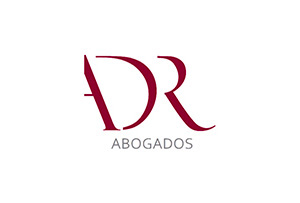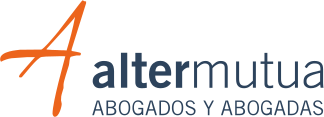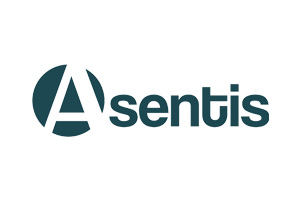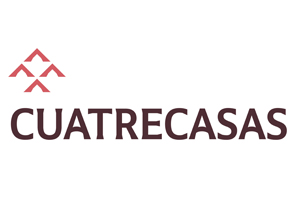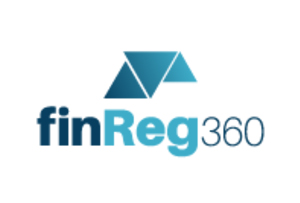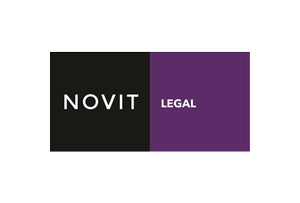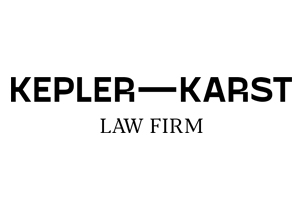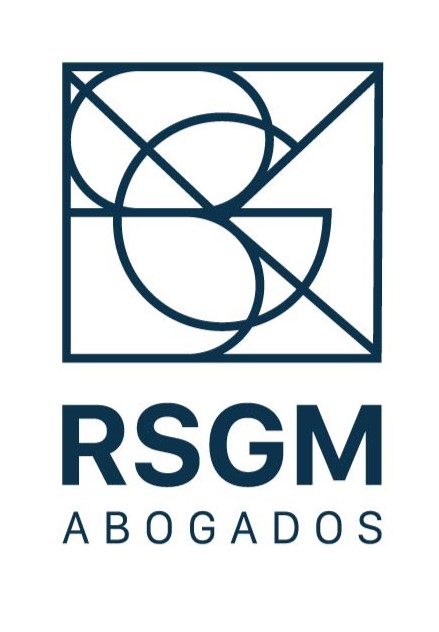[sfwafooter]
The current system of access to the legal profession in Spain has established a system that accredits minimal knowledge and skills in new lawyers.
However, those who wish to go beyond these requirements and aspire to become part of the elite of the profession must follow a different and more demanding path. If you want to be among the best lawyers of the future, you have to train with the best of the present. Those specialists from the most reputable firms who will help you go from books and notes to the application of law in real cases, in a real environment and with the best customer service as a goal.
To this end and during the teaching period (Module I to III), students consolidate their knowledge of law, while learning to work with real cases and in the real environment in which they occur. They do this with the help of prestigious teachers and renowned professionals, who begin the selection process for the internship in class. Visits and workshops are also carried out in different firms, where students get used to their working methods and get to know first-hand both their managers and the issues they face in their day-to-day work.
The preparation of this program is not only directed at the way the profession is practiced today, but also at how it will be practiced and what will be demanded of lawyers in the immediate future. Thus, you will learn how to work in any area of law firms (Cravath or Wachtell models) or legal departments of large companies, as well as in ALSP or startups in the legaltech sector.
To complete the training as a T-Shaped lawyer, workshops are given, role-playing is done and work is done on negotiation skills, public speaking, time organization strategies and resource management. All of this allows you to acquire the skills that are a differentiating element and a lever for professional promotion.
Finally, and thanks to personalized guidance and direct contact with employers, whose human resources departments are directly involved in the development of the program, students are incorporated into their internship period (Module V), taking into account the firms and areas for which they are most inclined and for which they show the best skills. This training period will be compatible with the preparation of the Master’s work (Module IV), which must be presented to a panel after completion of the internship.
CAMPUS: Madrid
DURATION: 18 months
STRUCTURE
Phase one:
Second phase (Integration in practices):
Studying the Master of Access to Lawyers ISDE prepares you for today’s legal market, where not only law firms and legal advisors of companies compete, but also ALSPs, highly specialized boutiques and other structures formed by hybrid teams.
The Master allows you to differentiate yourself and get to know those who are a reference in the sector, who will be your professors in the program and your guides at the beginning of your professional career.
Module I. Legal Regime and Professional Activity (9 ECTS)
Subject I.1. “Practice of Law” (3 ECTS)
Subject I.2. “Practice of Procurement” (3 ECTS)
Subject I.3. “Deontology and professional responsibility” (3 ECTS)
Module II. Legal Practice: general areas (30 ECTS)
Subject II.1: “Civil Practice” (3 ECTS)
Subject II.2: “Criminal Practice” (3 ECTS)
Subject II.3: “Civil and Criminal Procedural Practice” (6 ECTS)
Subject II.4: “Commercial Practice” (6 ECTS)
Subject II.5: “Administrative and CA Practice” (6 ECTS)
Subject II.6: “Labor and SS Practice” (6 ECTS)
Module III. Legal Practice: specific areas (9 ECTS)
Subject III.1: “Protection of Fundamental Rights” (3 ECTS)
Subject III.2: “Tax Procedures and Taxpayer’s Guarantees” (3 ECTS)
Subject III.3: “International Jurisdiction: strategy and litigation” (3 ECTS)
Module IV. Public speaking and mock trials (6 ECTS)
Subject IV.1: “Public Speaking and Mock Trial I: Civil and Criminal Jurisdictions” (3 ECTS)
Subject IV.2: “Public Speaking and Mock Trials: Social and CA Jurisdictions” (3 ECTS)
Module V. Master’s Thesis (6 ECTS)
Subject V.1: “Master’s Thesis” (6 ECTS)
Module VI. External Internships (30 ECTS)
Subject VI.1: “External Internship I: Legal Operators” (3 ECTS)
Subject VI.2: “Externship II: Professional practice in legal entities” (3 ECTS).
The teachers who participate in our program are prestigious references in their areas of expertise. Among our professors, we have practicing lawyers, partners from large international law firms or from the legal departments of multinationals or specialized boutiques, senior civil servants and university professors with solid careers in research, but closely linked to companies through consulting work.
PROGRAM MANAGEMENT
D. Plácido Molina (Cuatrecasas Lawyer)
| ASSIGNMENT | ACADEMIC COUNCIL |
| 1. El ejercicio de la abogacía: funciones, competencias, deberes y gestión del despacho | D. PLÁCIDO MOLINA – Abogado de Cuatrecasas |
| 2. Asesoría de derecho administrativo y proceso contencioso-administrativo | DR. TOMÁS CANO – Of Counsel de DS Avocats y Catedrático de Derecho Administrativo de la UCM |
| 3. Aplicación práctica de los derechos fundamentales y procedimientos para su defensa | DRA. MARÍA ROCA – Catedrática de Derecho Constitucional de la UCM |
| 4. Asesoría penal y proceso penal | DR. MANUEL OLLÉ, Socio Director de Ollé Sesé Abogados y Profesor de Derecho Penal en la UCM |
| 5. Derecho patrimonial | DRA. CRISTINA DE AMUNÁTEGUI – Catedrática de Derecho Civil de la UCM |
| 6. Asesoría laboral y de la Seguridad Social | DRA. RAQUEL AGUILERA – Letrada del Tribunal Constitucional y Profesora Titular de Derecho del Trabajo de la UCM |
| 7. Asesoría jurídica internacional | DRA. CARMEN OTERO – Catedrática de Derecho internacional privado de la UCM |
| 8. Asesoría jurídica en derecho de la competencia, sociedades y concursal | DR. JOSÉ LUIS COLINO – Profesor Titular de Derecho Mercantil de la UCM |
| 9. Práctica procesal civil y mercantil | DRA. PILAR PEITEADO – Of Counsel de Adarve y Profesora Titular de Derecho Procesal de UCM |
| 10. Fiscalidad de actos, negocios y contratos | DR. JOSÉ ALMUDÍ – Profesor Titular de Derecho Financiero y Tributario |
Once the relevant Program has concluded and ISDE has verified that the STUDENT has completed their work satisfactorily, the STUDENT will receive the corresponding Degree certificate for each PROGRAM.
In compliance with current legality and, specifically, as set forth in article 4.4 of decree 84/2004, it is noted that ISDE’s programs are professionally oriented and therefore, unless explicitly stated otherwise, they are courses that do not lead to the acquisition of a title with official value, but to that of a proprietary title from ISDE.

